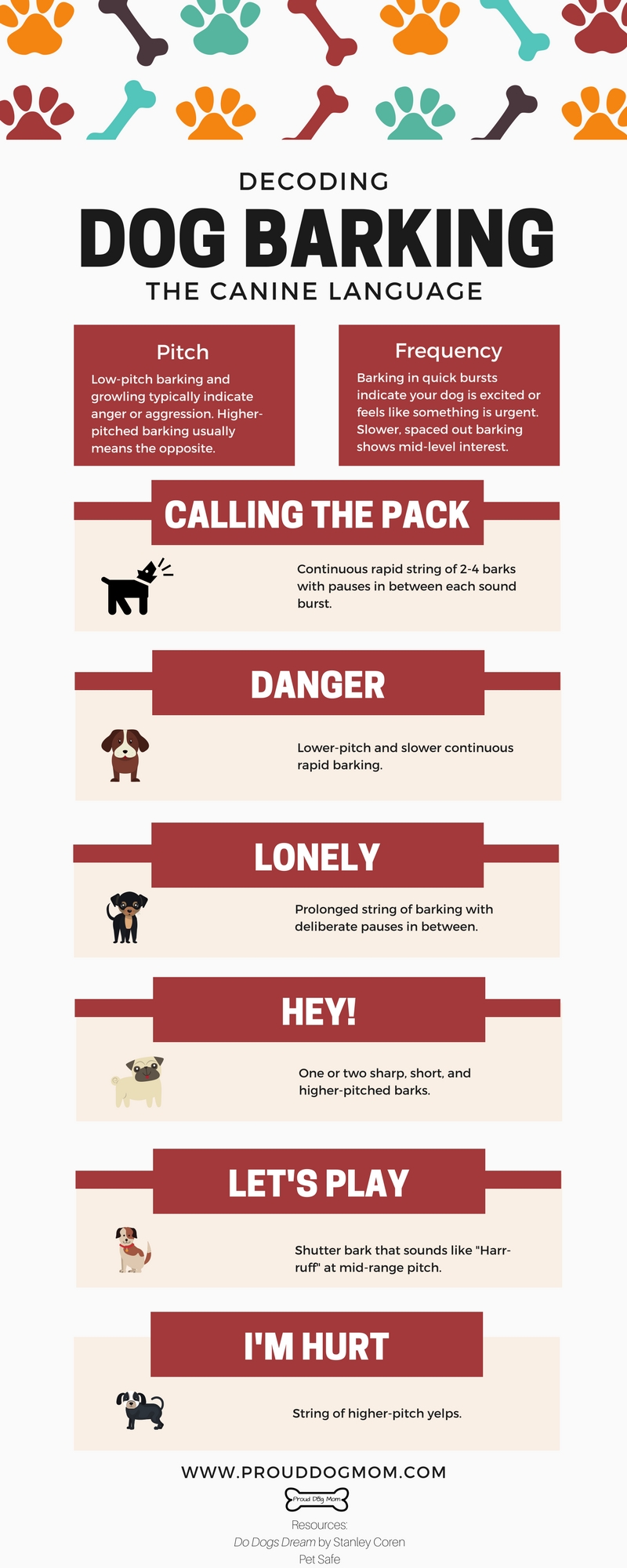Barking is a form of communication for dogs, just like talking is for people. It’s their way of expressing needs, wants, and emotions. But, while barking is a natural behavior for our canine companions, it can be embarrassing and frustrating for us. In fact, one of the most common complaints that people have about their dogs is that they bark too much.
Barking History
I recently read the book Do Dogs Dream? Nearly Everything Your Dog Wants You To Know by canine psychologist Stanley Coren. In the communication section, he addresses the history of barking and how it was actually one of the main reasons human settlers kept dogs around. Back in the day, dogs would act as their alarms when dangerous animals or potentially threatening strangers approached their settlement. With loud dogs on guard, humans were able to rest more.
“It seems obvious that for personal and community security purposes, the most effective dog is the one with a loud and persistent bark. For this reason, a dog that barked loudly was kept and bred with others that also barked.”
According to Coren, this is one of the main differences between wild canines and domestic dogs. Our ancestors actually trained domestic dogs to bark and get loud. Fast forward to today and we’re trying to do the opposite!
Why Do Dogs Bark?
Dogs bark for many reasons, including:
- Communicating needs, such as hunger, thirst, or the need to go outside.
- Expressing fear or anxiety.
- Showing excitement or happiness.
- Alerting their guardians to danger or intruders.
- Defending their territory.
Decoding Barking
Barking is a language. Just like people around the world learn new languages to communicate with people from different countries, we need to learn some basic canine linguistics! Author Stanley Coren breaks down barks in a few ways:
- Pitch: Low-pitched sounds, such as growling, usually indicates threat, anger, or the possibility of aggression. While high-pitch sounds mean the opposite.
- Duration: Coren writes, “Generally speaking, the longer the sound is, the more likely it is that the dog has a conscious decision about the nature of the signal and his next behavior. The threatening growl of a dominant dog that has every intention of holding his ground and not backing down will be low-pitched and also long and sustained.”
- Frequency: Sounds that are repeated often and at a fast pace usually indicate excitement and/or urgency. On the flip side, sounds that are more spaced out tend to mean a lower level of excitement.
Check out the following infographic for a closer look at barking:









